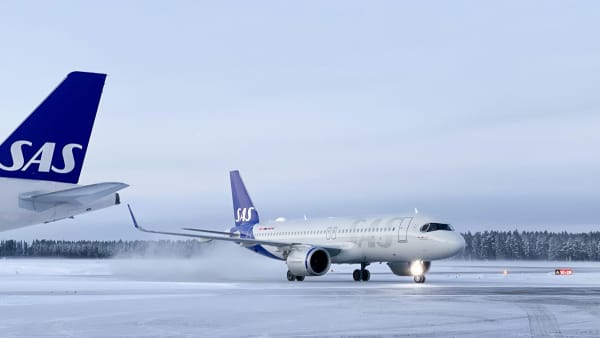Career Transition Tips: From Military to Civil Aviation
Navigating from the military sector to civil aviation is a significant career transition. While the process can be challenging, this route is a popular one, particularly for military pilots. If you're contemplating making the move from the military to civil aviation, the following tips and strategies will help you make a successful leap:
Understand the Differences
Although military and civil aviation share many commonalities, such as the importance of safety, precision, and procedures, they also have significant differences. It's crucial to understand these differences in the culture, communication, and working procedures to effectively transition.
Operational Differences
Civil aviation is more passenger-oriented than military aviation, which is mission-oriented. This difference in focus affects many aspects including flight planning, aircraft maintenance, and even interactions with passengers or cargo handlers.
Regulations and Standards
The regulations in civil aviation, such as those from the Federal Aviation Administration (FAA) or International Civil Aviation Organization (ICAO), may be different from those encountered in military aviation. Understanding and complying with these standards is critical in the civil aviation industry.
Acquire the Necessary Certifications
Transitioning from military to civil aviation often requires specific certifications and qualifications, depending on the job role.
For Pilots
While some military flight hours may be counted towards FAA licensing, pilots are typically required to secure a civilian pilot's license. This process may involve further flight training, written tests, and physical fitness assessments.
For Maintenance Technicians
Aircraft maintenance in the civilian world often requires an Airframe and Powerplant (A&P) license, issued by the FAA. Military aircraft maintenance experience could be beneficial, but civilian certification is ordinarily compulsory.
Utilize Your Transferable Skills
Highlighting your transferable skills is crucial in making your transition smooth and successful.
Adaptability and Quick Decision Making
Military personnel are trained to adapt to new situations rapidly and make quick, yet effective, decisions under pressure. These skills are highly valued in the civil aviation industry, especially for roles such as air traffic control, flight medics, and pilots.
Leadership and Teamwork
The importance of leadership and teamwork skills, honed in the military, cannot be overstated. While military leadership might be more hierarchical, civil aviation also requires strong team collaboration and leadership skills, particularly when dealing with emergency situations.
Create a Strong Civilian Resume
Converting your military-focused resume into a civilian-friendly one is a critical step. Select the relevant military experiences that directly relate to the civil aviation job you're applying for, and translate military jargon into civilian terms that hiring managers will understand.
Utilize Veteran-Friendly Resources
There are numerous resources available to help veterans make this significant career shift. These include:
Websites or Veterans’ Job Boards
Websites like Military.com and Veterans.gov have job listings specifically for veterans transitioning to civilian employment, including jobs in aviation.
Veteran Employment Programs
Companies in the civil aviation sector often have veteran employment programs aimed at recruiting, retaining, and supporting veteran employees. Becoming part of these programs can make the transition smooth and efficient.
Networking Is Key
Connecting with other transitioning veterans and industry professionals can open up opportunities for mentorship, advice, and potential job leads. Professional networking platforms, such as LinkedIn, can be valuable resources in this regard.
- Participate in Industry Events and Expos
- Join Professional Aviation Associations
- Connect with Other Veterans Who Have Successfully Transitioned
Transitioning from military to civil aviation requires planning, additional learning, and strategic efforts. However, it's a pathway well traveled, and by leveraging your unique skills and experience, you can find great success in this exciting and fast-growing industry. Be patient with the process, be proactive in networking and advancing your certifications, and soon enough you'll be high-flying in the civil aviation world!




